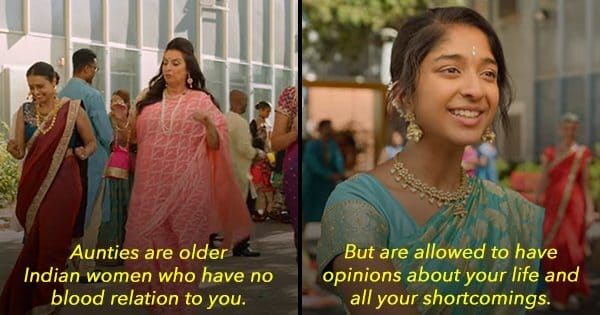It is the end of a television era as I binge-watched the final season of Netflix’s Never Have I Ever. My journey with this show began as a rocky one and I told myself this was just another shallow representation of Indian American teens falling for white boys, and while yes that happened too, the show is so much richer than that.
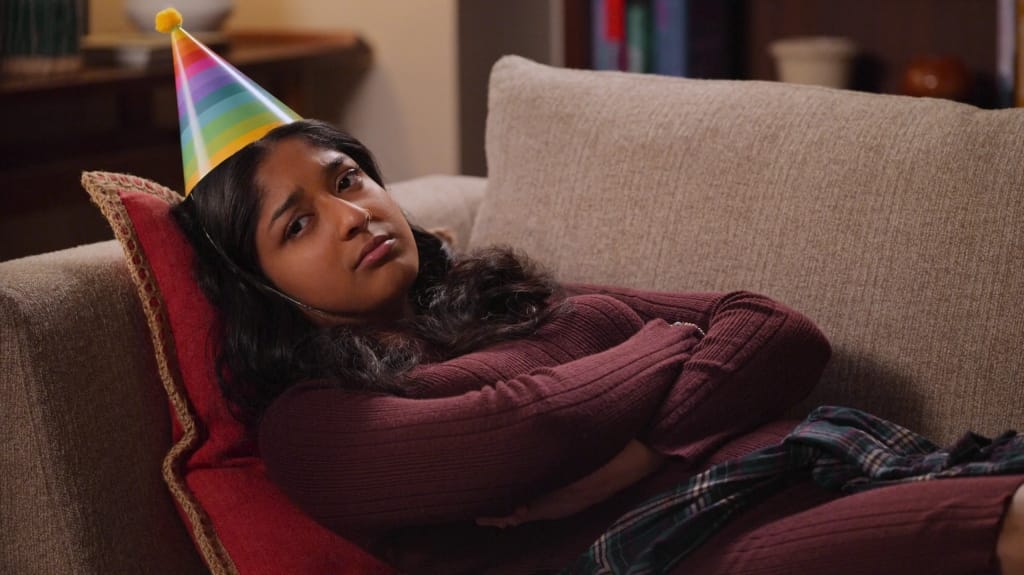
The show premiered in June 2020, a time in my life, an ancient 22, when I was quite literally isolated, far from home and had also lost my own father with no warning three months prior. I am tired of explaining that he was really my dad’s brother, because to me, someone who was there everyday of my life, who I shared my dreams with and never let me down, will always be a father to me. I never connected the dots between my grief and Devi’s until the season 4 finale and I realised I was saying goodbye to someone who helped me get through my own.
OWNING YOUR CULTURE
Devi is a messed up teenager processing an unfathomable loss and she is not the standard of Indian beauty. I grew up on bollywood wishing I looked like Rani Mukerji and only having Kajol’s unibrow to comfort me. Devi is gawky, plagued with body hair (oh the horror!), frizzy dark hair and also disconnected to her culture. I understand this on such a core level. I rejected desi culture for most of my teenage years, and identified as South African Muslim instead (who really liked butter chicken), but boy did I miss out. I missed how vibrant, ancient and beautiful my cultural heritage actually is.
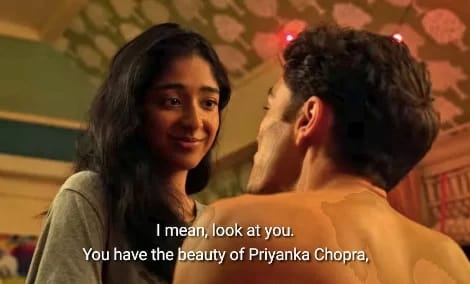
ITS OKAY TO BE A NERD
She had friends, she had best friends and so did I. My bunch of high school friends were the UN, we had little to no romantic experience, but we were wholeheartedly fangirls and happy ones at that and yes at least 3 of them are doctors now. Fabiola, Eleanor and Devi will hold a special place in my heart as a supportive but chaotic friendship group and even when they probably do grow apart in the future, they are woven into the fabric of what made high school bearable, much like my own friends.
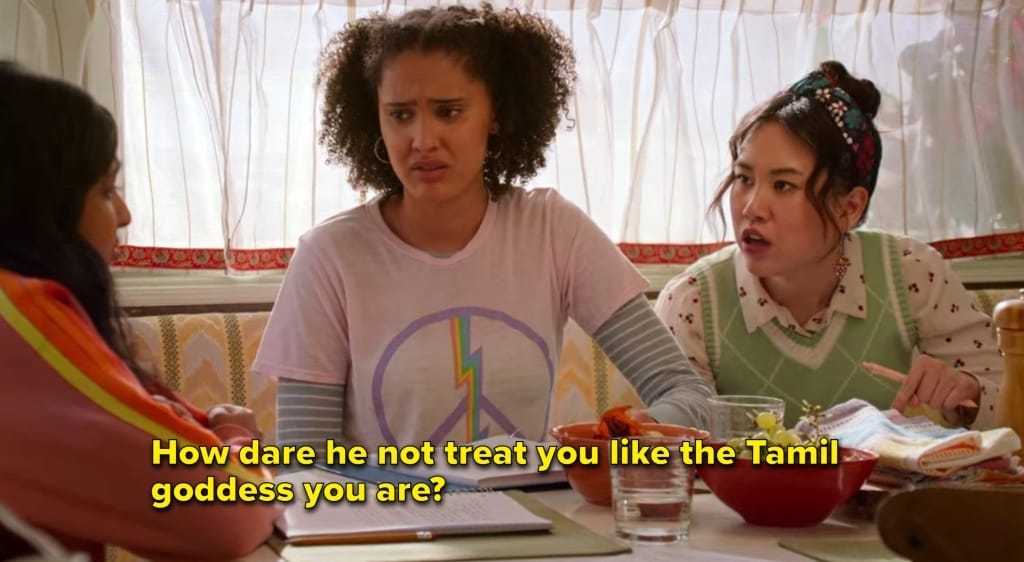
ROMANCE
This may have been the element that caught the attention of most fans, it was my least favourite part of the show. Although, kudos to Devi for finally getting some, the emphasis on her virginity felt straight out of a cheesy 80’s movie and we need to do better than that. Devi growing to love herself highlights her self-actualisation, but in true Mindy Kaling fashion, she ends up with the with the BJ Novak insert. I for one was not mad, and an academic rivals to lovers shipper from day one, so I saw it coming, but that does not make it any less generic and STILL SWEET. It definitely is not a relationship to look up to, and more than a little toxic, but it is fictional TV and no one can stop me from enjoying that.
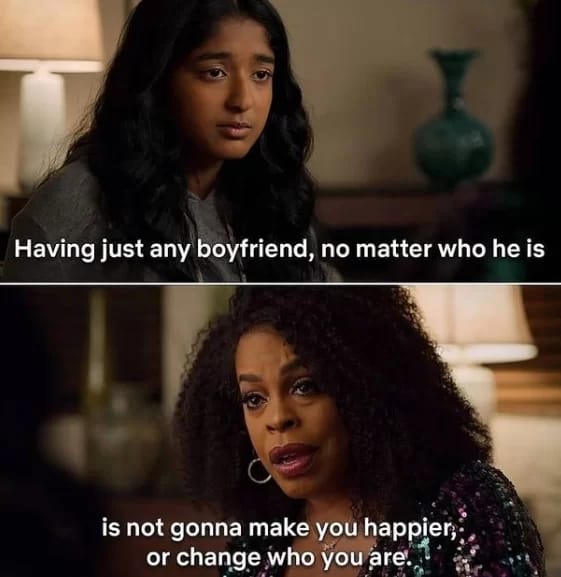
REJECTION
Being born into an Indian family, you can really only be one of three things when you grow up, a doctor, engineer or a lawyer. Guess what, I am a lawyer and even that was not the most pleasing choice to my enthusiastic parents. Nevertheless, the pressure Devi put herself under is extraordinarily relatable and in the last season we were just prepared for her to get into a brilliant IVY league with ease, but she struggled and I think we needed to see that storyline playout. Life will not get handed to you no matter how hard you’ve worked and God Always has a plan that we can never fathom. Even if we do not share the same faith, Devi’s devotion to occasional prayer was beautiful and her not rejecting her Hindu beliefs (albeit raised into) to me shows that you do not need to immersify yourself into Western Culture by sacrificing your belief system to fit in.
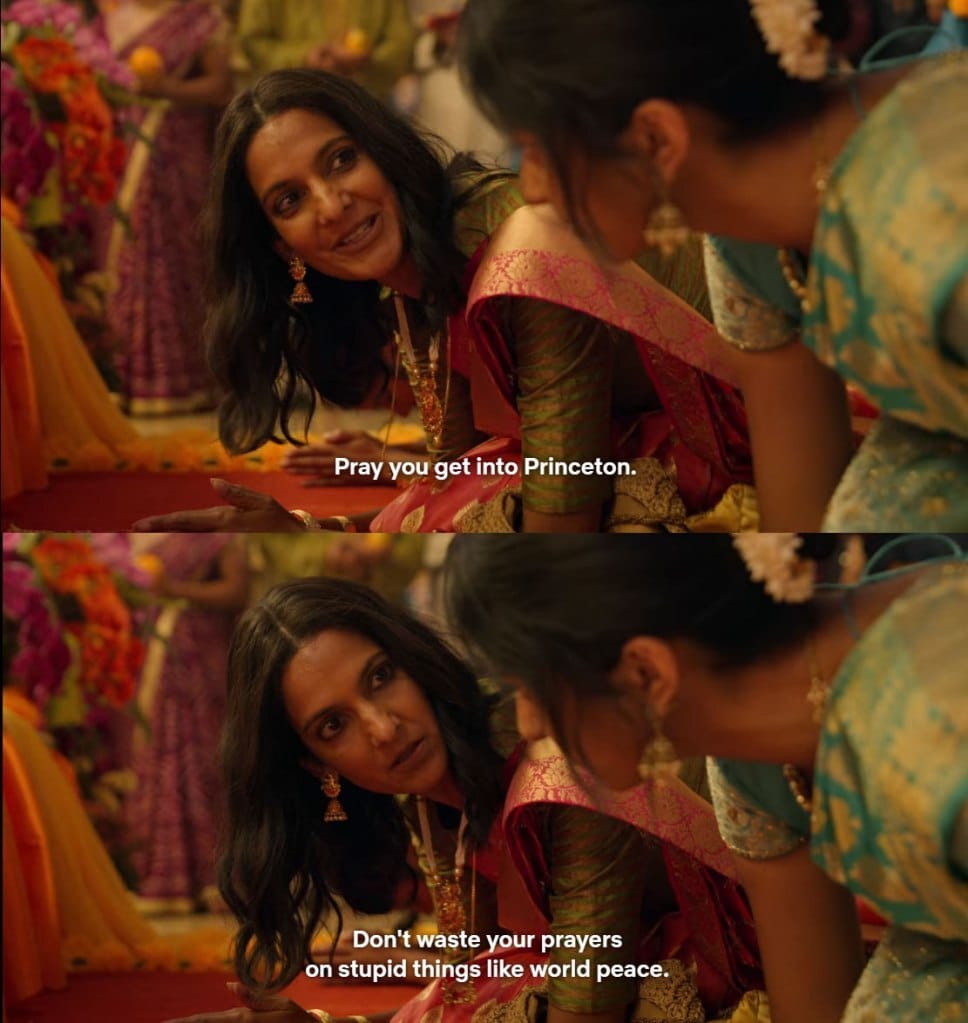
WOMEN !(read this in Jo March’s voice – from Greta Gerwig’s Little women (2019)
The absolute heart of this show is the power and resilience of a matriarchy and the women who shape Devi’s life. Before delving into the familial bonds, I want to shout out Dr Ryan, Devi’s therapist who much like the audience watched Devi make horrible decisions and still rooted for her. Acknowledging that you need help and that mental health exists is so validating to me as I have experienced my own struggles that were often stigmatised. Devi’s sessions were not seen as a crutch, they were normalised.
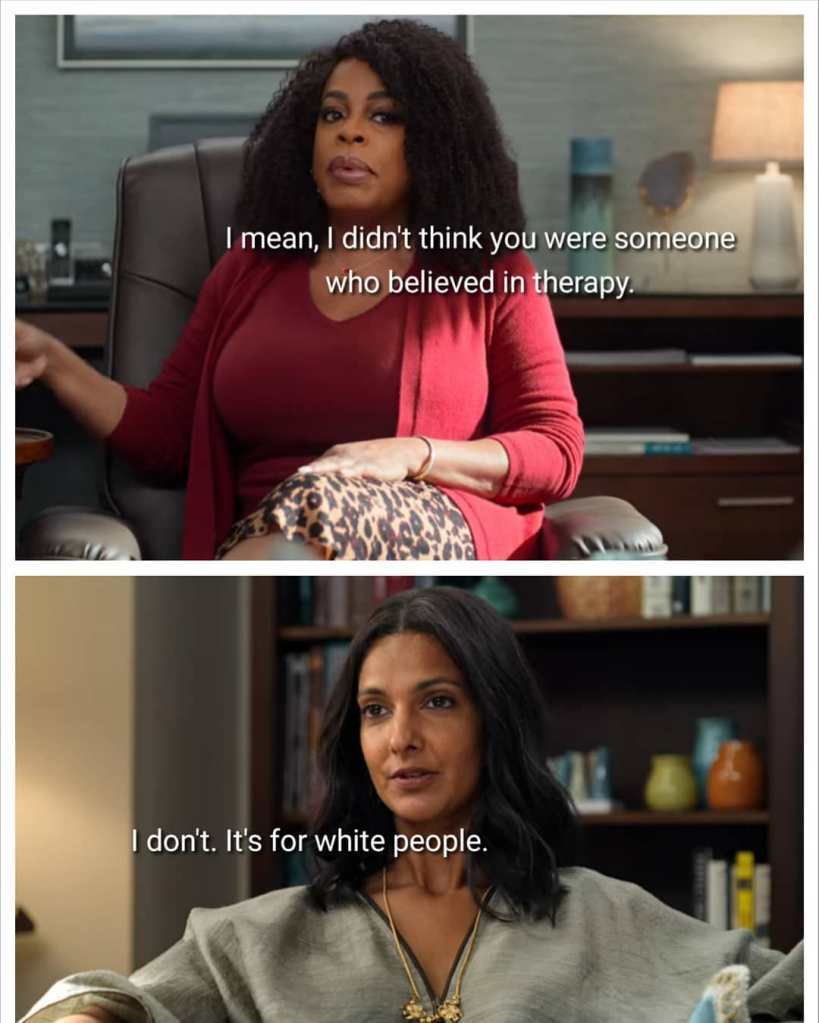
Indian culture is notoriously a patriarchal one but this show focuses on the complexities and necessity of mother-daughter, granddaughter, cousin/ sister and mother-in-law relationships in a light hearted but impactful way. At the start, Devi’s relationship with her mum was gut-wrenching and full of pain and miscommunication as they both grieved the loss of their favourite person. Over time, it has become an incredibly sincere and realistic one. They still fight and bicker but they also help and forgive each other for their individual failings.
This rhetoric applied to all three generations of the cooky Vishwakumars. Kamala is the epitome of success, a Phd candidate in something vaguely scientific and has the face of an angel, I understand why Devi felt jealous and insecure (I also have a perfect older sister). Over time we learn that Kamala is not as perfect as she appears, she makes mistakes, loves sleuthing to the point of derangement and rejects the notions of marriage imposed on her by her family. Last but not least , the oldest, affectionately known as Pati, radiates more gen-z energy than anyone else on the show. Pati was the missing piece from the first season and really marries the show together (if you have watched the finale you have to applaud my pun). Three generations of women, all successful in their own ways and taking charge of their lives, that is what I gained from this show.
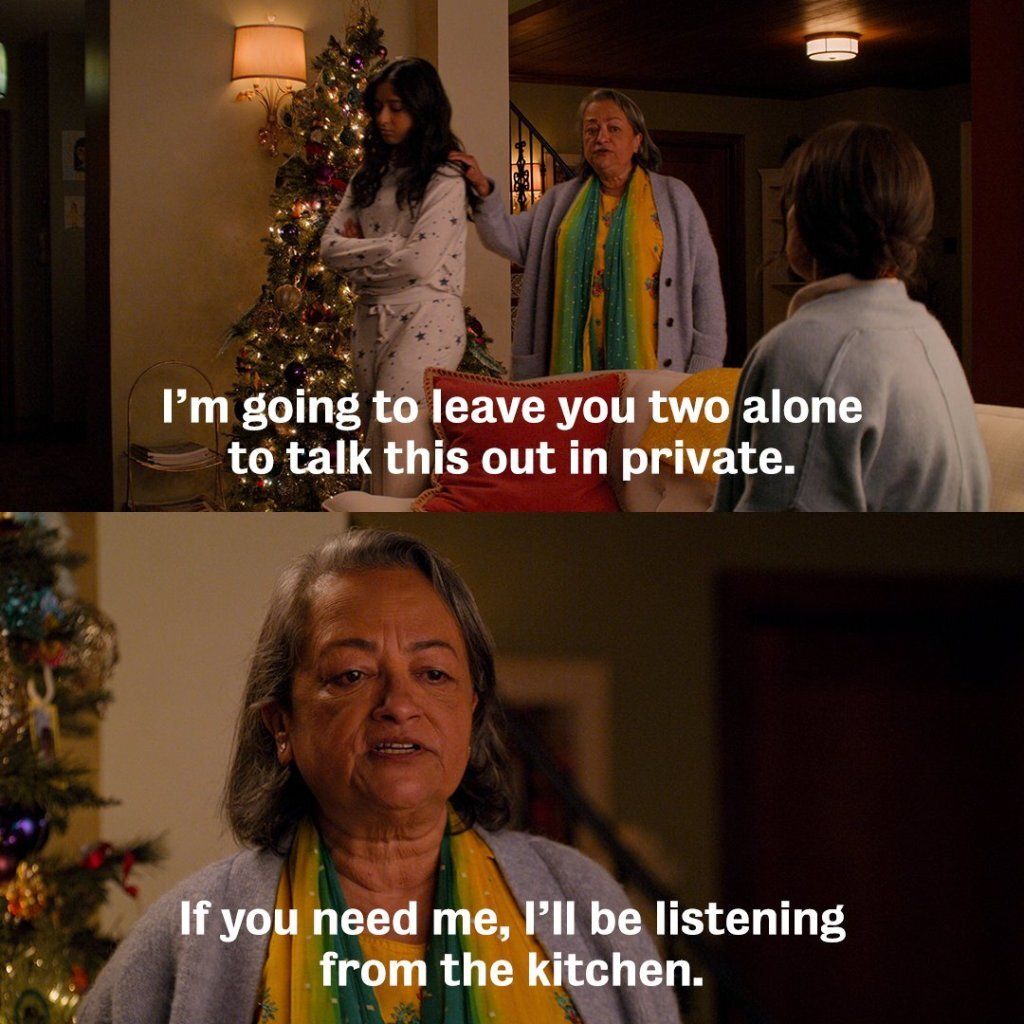
Thank you to the problematic Mindy for inviting me into Devi’s “psycho” mind and into the Vishwakumar household, they held me in their warm embrace and cope with my grief.
